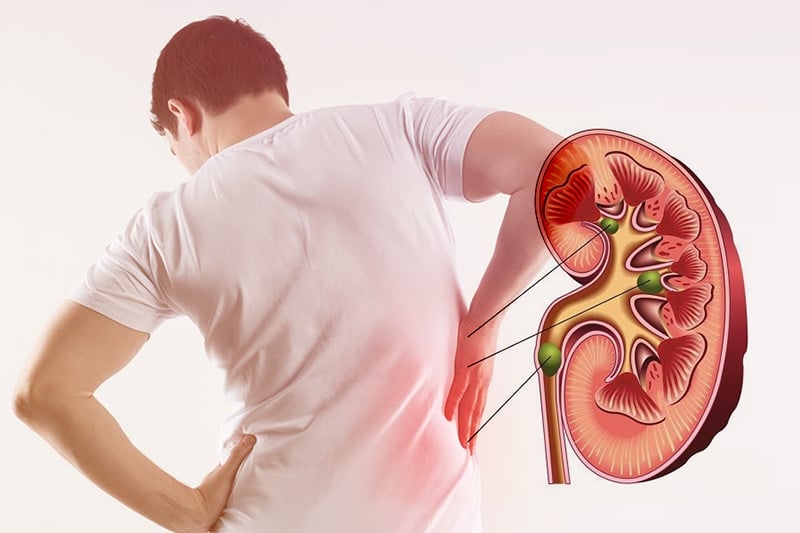Fatigue and Lack of Energy
Healthy kidneys produce erythropoietin (EPO), a hormone that stimulates red blood cell production to carry oxygen throughout the body. When kidneys are impaired, EPO production decreases, leading to anemia, making you feel tired, weak, and unable to concentrate. If you frequently feel exhausted for no apparent reason, consider getting your kidney function checked.
Swelling in Hands, Feet, or Face
Impaired kidneys are unable to effectively remove excess fluid, leading to its buildup in the body. This results in edema, often noticeable in the hands, feet, ankles, or around the eyes. If you observe unusual swelling, especially accompanied by other symptoms, seek medical attention promptly.

Abnormal Urination Patterns
Kidneys play a crucial role in urine production, so any changes in urination habits can be a red flag: Passing abnormally small or large amounts of urine may indicate improper kidney filtration.
Urine appearance: Blood in the urine, cloudy urine, or frothy urine could signal infections or kidney damage. Pain or burning during urination may indicate a urinary tract infection or kidney stones.
Persistent Itchy Skin
When kidneys fail to effectively remove waste and toxins, they build up in the blood, causing itchy skin, particularly on the back or throughout the body. Prolonged itching without an apparent cause could be a sign of chronic kidney disease.
High Blood Pressure or Shortness of Breath
Impaired kidneys can lead to high blood pressure due to fluid and hormone imbalances. Prolonged high blood pressure puts strain on the heart and lungs, resulting in shortness of breath. If you experience symptoms such as breathlessness, chest pain, or a sudden spike in blood pressure, seek immediate medical attention.

Conclusion: If you notice one or more of these signs, don’t ignore them. Consult a doctor to assess your kidney function through blood tests, urine analysis, or ultrasound. Early detection and timely treatment can protect your kidneys and prevent serious complications.
Note: Maintaining a healthy lifestyle, staying hydrated, eating a balanced diet, and getting regular health check-ups are the best ways to safeguard your kidney health.


































